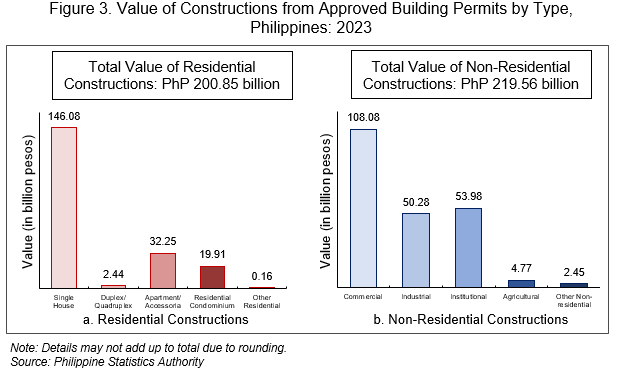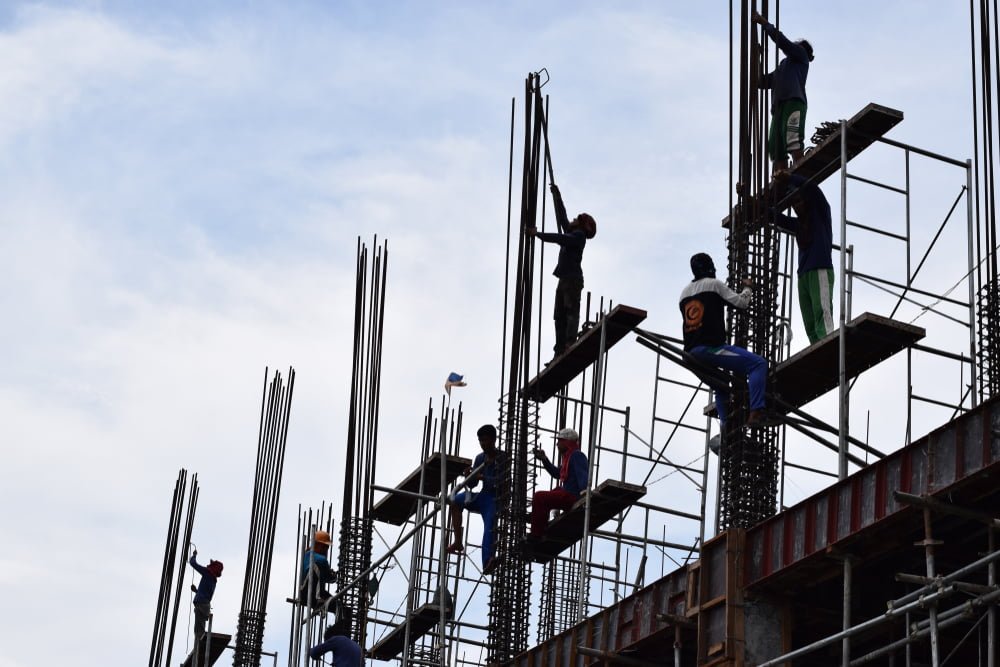Philippines Construction Regulations ensure that building practices comply with safety, environmental, and zoning standards. Adhering to these regulations is critical for ensuring safe and sustainable structures, and they involve several processes, such as obtaining permits, following zoning laws, and fulfilling environmental compliance. Let’s dive deeper into the major aspects of construction regulations in the Philippines and how they affect builders and developers.
Ensuring Safety and Compliance with Philippines Construction Regulations
The National Building Code of the Philippines (Republic Act No. 6541) is the cornerstone of construction regulations. It sets minimum safety standards for all building types, ensuring structural stability, fire safety, and sanitation. Whether it’s a brand-new construction or an alteration to an existing structure, the Code ensures a consistent level of safety across all buildings.
Builders must follow these safety standards from start to finish, no matter the type of project. Ignoring these requirements can result in fines, project delays, or even the cancellation of permits. Thus, compliance with the Code is not only a legal obligation but also crucial to avoid risks that may compromise public safety.
The Lengthy Process of Obtaining a Construction Permit
Securing a construction permit is a mandatory step for all building projects. The timeline for getting a permit can vary significantly, ranging from 30 to 90 days, depending on the project’s complexity and the local government’s efficiency. These permit approvals can influence project schedules heavily. For large-scale projects, delays in permits can lead to increased costs and unexpected extensions in the timeline.

It’s important for developers and contractors to consider these timeframes early on. Proper planning, keeping documentation ready, and understanding local government requirements can help reduce delays.
Zoning Laws: How They Influence Building Projects
Local zoning laws play a major role in determining what type of construction can take place in a particular area. Residential areas may have restrictions on building height, structure types, and land use. On the other hand, commercial zones allow for larger and more complex structures.
Unfortunately, around 60% of construction projects in the Philippines face delays due to zoning issues. Misunderstanding or overlooking zoning restrictions in Philippines Construction Regulations can cause major project interruptions. Developers should be aware of the zoning laws in the areas where they plan to build and ensure that their projects align with local rules.
Environmental Compliance: A Crucial but Time-Consuming Step
The Philippine Environmental Impact Statement System (EIS) requires that certain types of projects undergo an Environmental Impact Assessment (EIA). This assessment ensures that construction activities do not harm the environment. However, the EIA process can add an additional 6 months to a project’s timeline, which is especially significant for larger developments.
Despite these extended timelines, the EIA is vital for sustainable development. Non-compliance with environmental regulations can result in even longer delays, fines, or project stoppages. Developers need to factor in this timeline when planning, to avoid unnecessary setbacks.
Contractor Licensing: Barriers for Foreign Contractors
All contractors, whether local or foreign, must be licensed by the Philippine Contractors Accreditation Board (PCAB) before starting any project. Obtaining this license involves proving financial capability and technical expertise. The process is particularly challenging for foreign contractors, with only 12% of new contractor licenses issued in 2020 being granted to non-Filipino entities.
The stringent requirements reflect the government’s effort to maintain high standards in construction but also present hurdles for foreign contractors seeking to enter the market. Foreign contractors should prepare well in advance and collaborate with local partners to navigate these Philippines Construction Regulations challenges.
Navigating Philippines Construction Regulations can be complex due to the various compliance requirements, permit timelines, zoning laws, and environmental considerations. For foreign contractors, obtaining a license can be difficult. However, with careful planning, it’s possible to meet the necessary requirements and complete projects efficiently. By adhering to these regulations, developers can ensure safer and more sustainable construction outcomes, which ultimately benefits both builders and communities.

